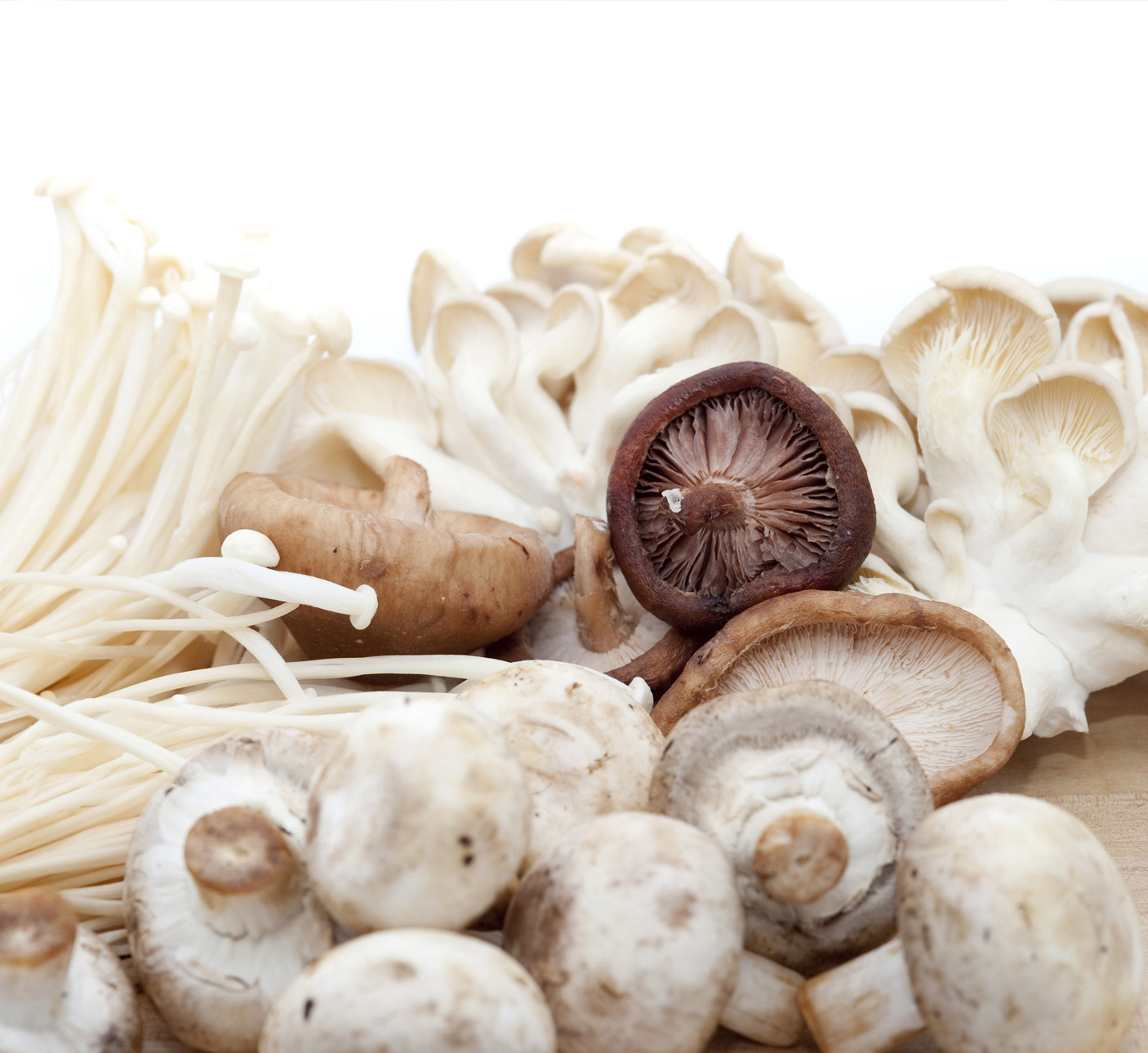You can’t go wrong with mushrooms. They’re fat-free, low-sodium, low-calorie, and cholesterol-free. They’re also packed with fibre, vitamins, and minerals. Nutritional benefits vary depending on the type of mushroom. But overall, they are a good source of the following nutrients.
Antioxidants
Antioxidants help protect the body from damaging free radicals that can cause conditions like heart disease and cancer. They also protect you against damage from aging and boost your immune system. Mushrooms are rich in the antioxidant called selenium. In fact, they are the best source of the mineral in the produce aisle.
Beta glucan
Beta glucan is a form of soluble dietary fiber that’s been strongly linked to improving cholesterol and boosting heart health. It can also help your body regulate blood sugar, reducing the risk of type 2 diabetes. Oyster and shiitake mushrooms are believed to have the most effective beta glucans.
B vitamins
Mushrooms are rich in the B vitamins: riboflavin, niacin, and pantothenic acid. The combination helps protect heart health. Riboflavin is good for red blood cells. Niacin is good for the digestive system and for maintaining healthy skin. Pantothenic acid is good for the nervous system and helps the body make the hormones it needs.
Copper
Copper helps your body make red blood cells, which are used to deliver oxygen all over the body. The mineral is also important to other processes in the body, like maintaining healthy bones and nerves. Even after being cooked, a 1-cup serving of mushrooms can provide about one-third of the daily recommended amount of copper.
Potassium
Potassium is extremely important when it comes to heart, muscle, and nerve function. There’s about as much potassium in 2/3 cup of cooked Portobello mushroom as there is in a medium-sized banana.



